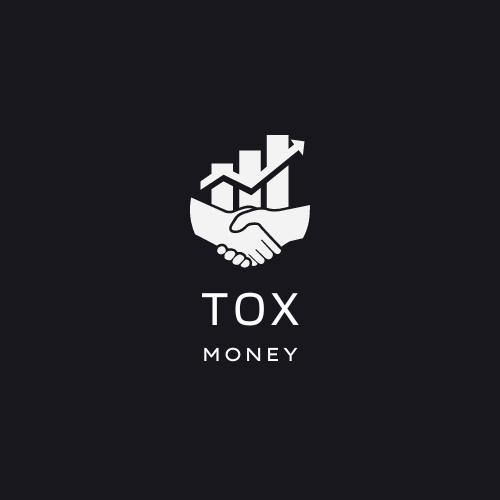Debt management programs can save some people’s lives, but they can also cause more harm than good.
Debt management (also known as credit counseling) is a thriving sector these days, as more and more customers become engulfed in credit card debt. With advertisements promising simple debt relief, these solutions are appealing to anybody seeking to keep on top of debt. But are they legitimate? Will they assist or harm you?
Here are ten things you should know before dealing with a debt management service, including both potential dangers and expected rewards.
1. Don’t be tricked by the non-profit status
Many debt management firms can be structured as non-profit organizations. They are willing to contribute so that it appears they are on your side.
The fact is that these firms are still in business to generate money; they may simply share their profits differently than a for-profit organization. Debt management businesses do charge for their services, typically in the form of a small monthly fee.
Try Accredited Debt Relief, which works with major Debt Relief organizations to settle your credit card debt with creditors. You make monthly payments (which you might raise to pay off your debt faster) while a team negotiates your debt.
2. You might be able to do it yourself.
Much of what debt management organizations do is simply call your creditors and negotiate alternate repayment schedules, ideally with lower interest rates and costs. If you’re having trouble making payments, you can typically handle it yourself. Most creditors will be happy to assist you in meeting your financial commitments in order to keep you out of bankruptcy, which is bad for them. Talking to your creditors personally is unpleasant and difficult, but it is possible.
3. Your credit score can decline.
A lot has been written about how debt management programs might harm your credit score. This is not always the case. If you have made multiple late payments or are currently behind on any credit obligations, debt management may help you improve your credit score.
If you have a lot of debt but make all of your payments on time, enrolling in debt management may lower your credit score. That’s because while your debt management organization renegotiates your credit obligations, the timing of payments to creditors may alter, resulting in late payments being shown on your credit report. Furthermore, many creditors may cancel your accounts while you are in debt management, and any excellent history you have with those accounts will be removed from your credit report.
Regardless of whether your credit score rises or falls in the near term, enrolling in a debt management program is a long-term choice, and repaying your bills is the greatest thing you can do for your credit. It’s obviously preferable than continuing to be late—or not paying at all.
4. You need to give up fresh credit.
Once engaged in a debt management program, you will be unable to establish additional lines of credit. If you do, you risk losing the benefits your debt management program has negotiated for you.
when not establishing new credit is normally the best option for you when attempting to get out of debt, be sure you do not foresee the need for an auto loan, for example, during the payback time.
5. It does not take action immediately.
After enrolling in a debt management program, it may take a month or more for your creditors to receive their first payment. This might signify two things.
To begin, if you want to prevent late marks on your credit report, you must make at least one month, if not two months, of “double payments”: one to the debt management agency and your usual payments to your creditors. Because most individuals cannot afford this, you should be prepared to receive a late mark on your credit record.
Second, you may get collection calls from your creditors before they receive their initial payment from the debt management service. Unfortunately, the debt management organization cannot halt collection calls, but most collectors will be content if you tell them you have enrolled in a program and will leave you alone after that.
6. Your interest rate will decline.
When your debt management organization contacts your creditors, most of them will quickly drop your interest rate by several points, often to between 12 and 16 percent.
This can be quite beneficial if you are paying 17 percent or more, particularly if you have been late on one or more accounts and are incurring a default APR of 20 percent or more. These lower APRs might help you save thousands of dollars.
7. Fees shall be waived.
Your debt management business may also be able to persuade your creditors to waive future late penalties that may be charged if creditors change your payment plan, saving you up to $40 per creditor each month.
8. You will have a single monthly payment.
One obvious advantage of a debt management program is the option to combine your debt payments into a single monthly payment. (The debt management agency will then distribute your payment to your creditors).
9. You escape bankruptcy but keep the possibility.
Nobody likes to declare bankruptcy, and debt management is a realistic alternative to being legally insolvent. However, enrolling in debt management or credit counseling is a must before filing bankruptcy. So, if you are still unable to pay all of your creditors, bankruptcy may be a possibility for you after you have attempted debt management.
10. Your debt will run on automatic.
Once you’ve registered in a debt management plan and let it pay off all of your creditors each month, you might never have to worry about your debt again. Your payment is automatically deducted from your bank account, and your loan will be paid off within a few years. Of course, it is wise to commit additional money to your payments whenever possible, but this is as simple as checking into your debt management firm account page and raising your payment.



